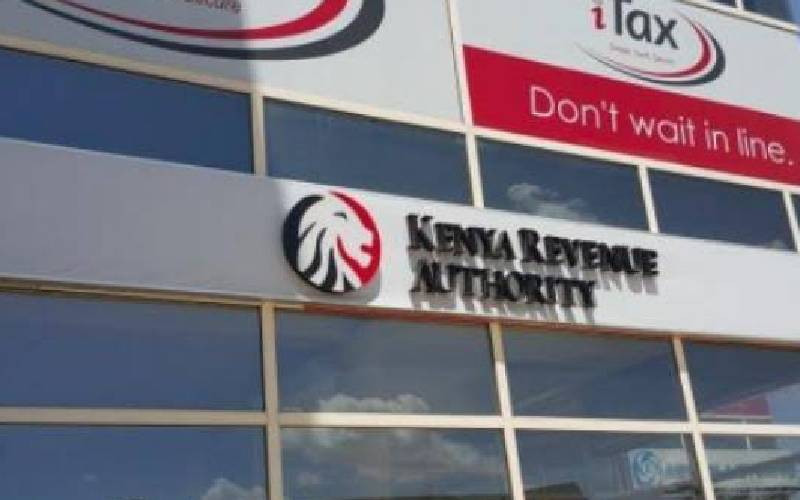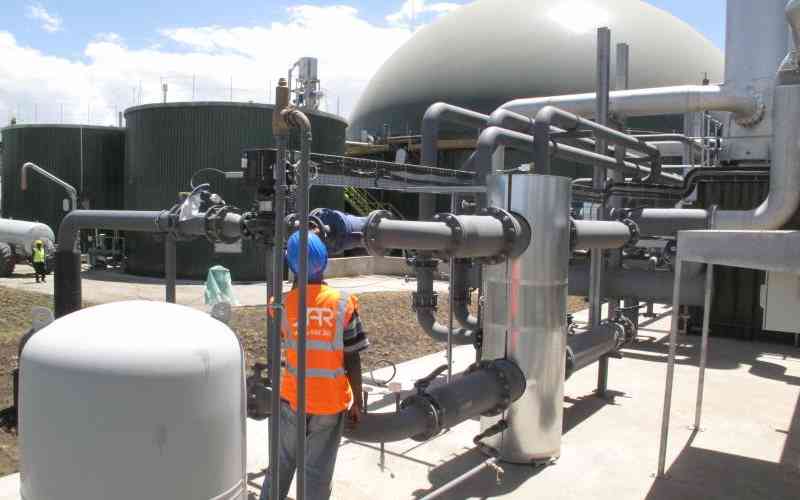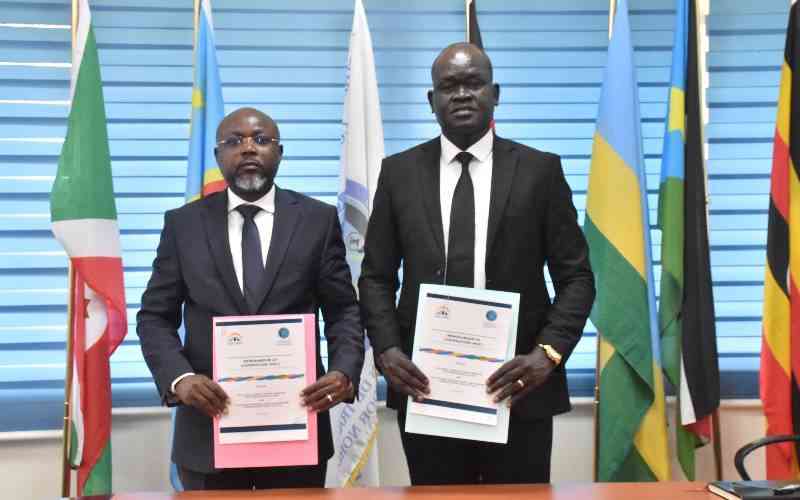×
The Standard e-Paper
Stay Informed, Even Offline

The controversy around the oppressive government revenue-raising measures continue in the corridors of justice as the battle over the Finance Act 2023 proceeds at the apex court. The Act remains as the only viable legislative document left for the government to ring-fence existing taxes with the death of the Finance Bill, 2024. The new Cabinet Secretary for the National Treasury, John Mbadi, has said as much in his public appearances.







